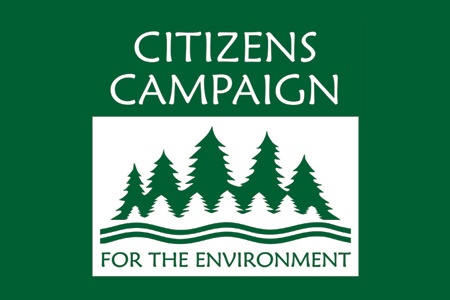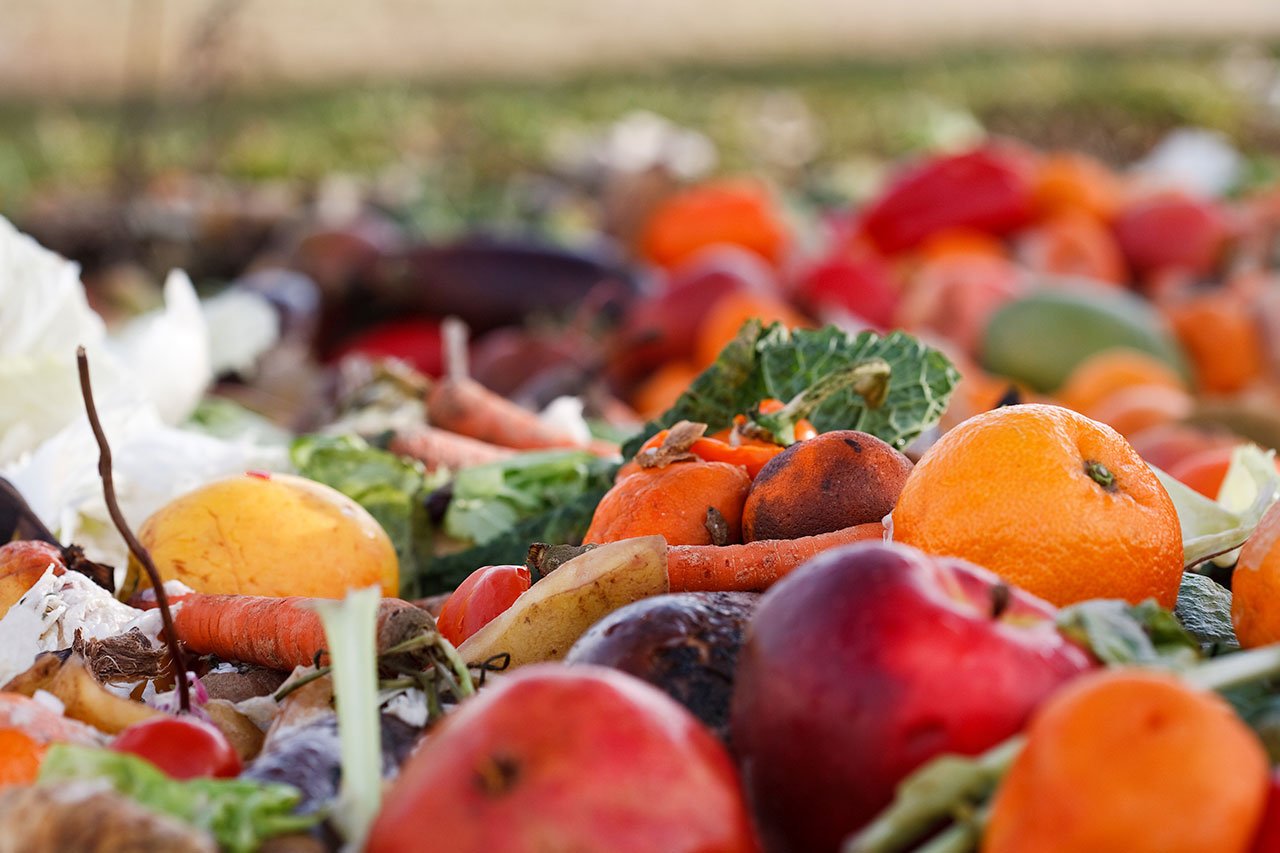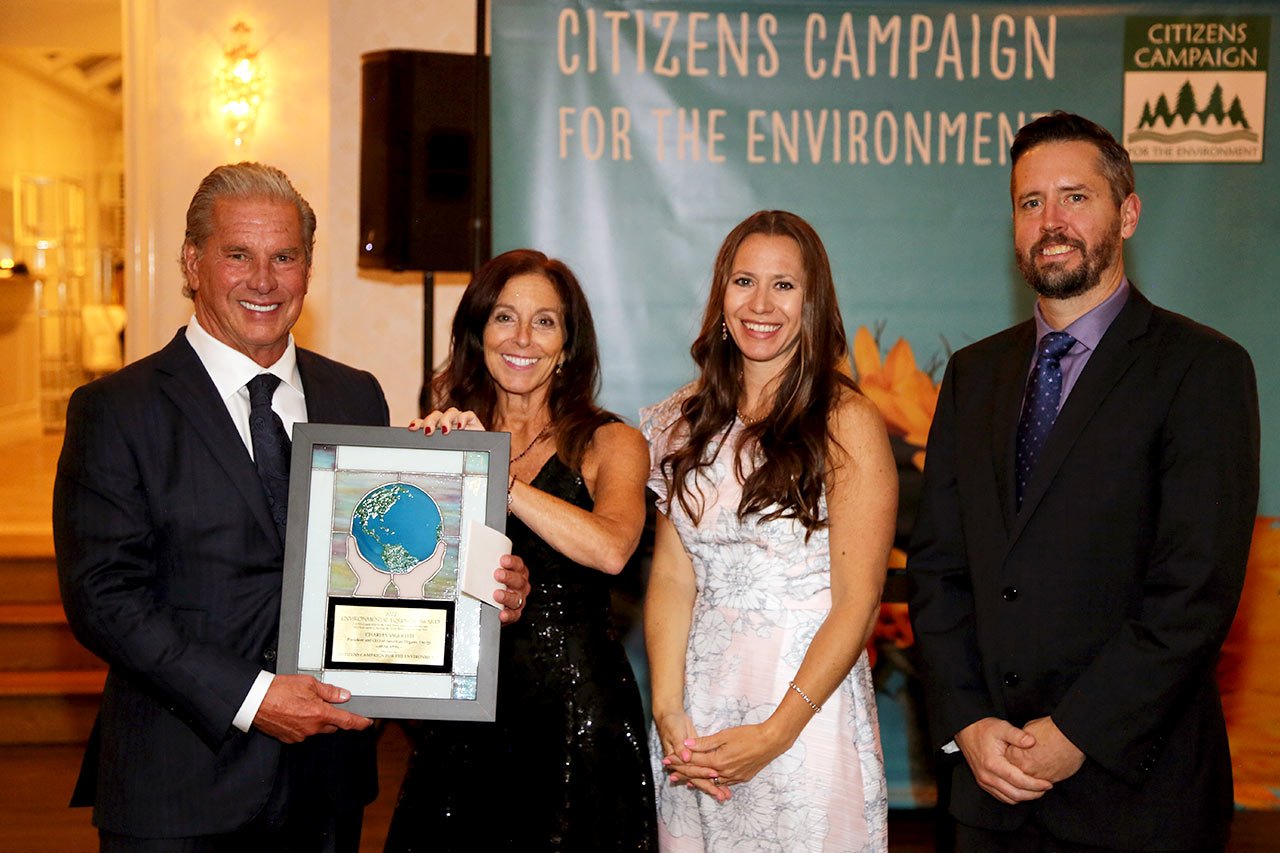American Organic Energy is proud to work together with local environmental and community advocates. We have worked hard to maintain an open dialogue about the issues that plague Long Island and come to a mutual understanding about how we can best contribute to its betterment.
Citizens Campaign for the Environment (CCE), an 80,000 member non-profit, non-partisan advocacy organization that works to empower communities and advocate solutions that protect public health and our environment, has issued the following statement in full support of American Organic Energy’s plans to construct New York State’s first commercially sized anaerobic digester:
Anaerobic digesters use microorganisms, such as bacteria, to convert food waste into compost and renewable energy, thus reducing our solid waste stream and treating waste as a resource. According to the US EPA, food waste accounts for 18% of our solid waste stream in the US. To put that in perspective, Americans produced an estimated 35 million tons of food waste in 2012 alone. Long Island must begin to put forth a plan that comprehensively recycles food waste. Building an anaerobic digester on Long Island is a critical component to a successful Long Island solid waste management plan and accomplishes the following goals toward sustainability:
- Building an anaerobic digester will reduce our waste stream. Anaerobic digesters have the potential to significantly reduce our solid waste stream. This is particularly important on Long Island, where we are heading toward a solid waste crisis. With the Brookhaven Landfill set to close in 2026, it is absolutely critical we reduce the amount of waste that would otherwise be headed to Long Island incinerators and landfills.
- Building an anaerobic digester will reduce greenhouse gas emissions. Food and other organic material that is disposed in landfills decompose to create methane, a greenhouse gas with a global warming potential 21 times higher than carbon dioxide. Diverting food scraps from landfills to digesters reduces methane emissions from landfills. When built, the digester will produce enough methane gas to operate much of the machinery and trucks at the Yaphank site, further reducing greenhouse gases and noise.
- Building an anaerobic digester will benefit the community. In 2013, after years of complaints about odors, dust, and noise, Long Island Compost reached a landmark agreement with the State Department of Environmental Conservation, the Brookhaven Community Coalition, and Citizens Campaign for the Environment to construct an anaerobic digester at the Yaphank facility that will enclose and seal off portions of the composting operation. In addition, roads at the facility will be paved to reduce dust. Enclosing a large portion of the Yaphank facility will reduce odors typically associated with compost production by conducting the work in an air-sealed environment.
If you have questions on this matter, please contact Adrienne Esposito, Executive Director at 516-390-7150.








